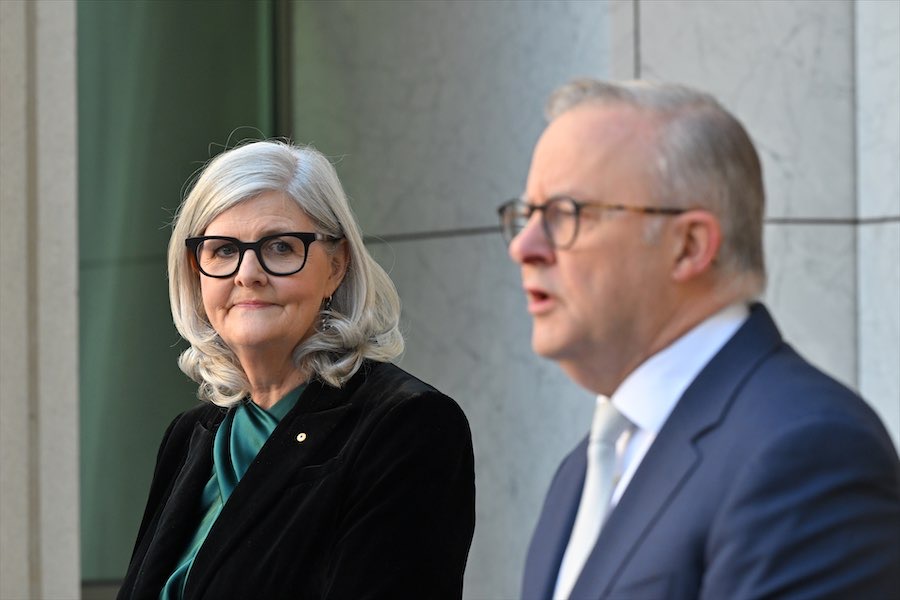HE $2.7 billion loss recently announced by Fairfax, publishers of “The Canberra Times”, “The Age” and “The Sydney Morning Herald”, was a real shock to the system.
The CEO, Greg Hywood, tried to pass it off as some kind of technical write down of assets, claiming the papers would be around for “a very, very, very long time”.
Unfortunately, he cut no ice with his major shareholder, Gina Reinhart. She decided that investing tens of millions into the company to protect her mining interests was now money down the drain and tried desperately to sell $5 million worth of her shares.
Alas, no one was interested.
So, is Mr Hywood’s assurance worth the paper it’s written on? Frankly, I doubt it, but not for the usual reasons given by journalists with a horse in the race. They blame the internet, television and social media which, they say, have taken much of their advertising so their endeavour has become uneconomic. The one element they don’t mention is the product at the heart of the problem – that is, their concept of “news”.
For a century they have been claiming that newspapers were the exciting chronicle of our times, the “first draft of history”. Truth is, they were nothing of the kind. Instead, they peddled a perverted view of humanity designed to frighten and titillate their readers and so keep them coming back for more.
In the newspaper world we were always poised on the brink of disaster. People were essentially wicked. Turn your back and you’d be robbed, beaten or worse. Our leaders were either incompetent or venal; men were potential rapists or pedophiles; women were sex objects (or worse: not), and everyone who looked slightly different was to be treated with aggression or contempt.
The reality of our lives is very different. Consider three illustrations: most Canberra homes are unoccupied for much of the day and in our coastal communities much of the year. In the newspaper world they are an open invitation to thieves. Yet police figures reveal that robberies hardly ever happen. The newspaper world is an obscene distortion.
Every day, millions of Australians hurtle towards each other at breakneck speed on our roads and highways, missing each other by centimetres. In the newspaper world, that is a recipe for mayhem. Yet disaster doesn’t happen. We are overwhelmingly responsible and considerate of our fellows.
The biggest television audience assembled each year is for the closing episodes of “MasterChef”, a program devoted to that act of affection – even love – which is preparing the meals each day for our family and friends.
None of these examples rate as “news”. That would require a “crime wave” of house breaking, a six-car pile-up on the airport road, or a cooking contestant poisoning the judges (or sneaking outside help from his mobile phone).
People aren’t perfect. We will always need bodies to expose crime and to regulate public behaviour. And I for one will always want the pleasure of joining minds with creative columnists such as Mike Carlton and Richard Glover. But we certainly don’t need the ugly, twisted package – the newspaper – in which they are presently delivered.
robert@robertmacklin.com
Who can be trusted?
In a world of spin and confusion, there’s never been a more important time to support independent journalism in Canberra.
If you trust our work online and want to enforce the power of independent voices, I invite you to make a small contribution.
Every dollar of support is invested back into our journalism to help keep citynews.com.au strong and free.
Thank you,
Ian Meikle, editor




Leave a Reply